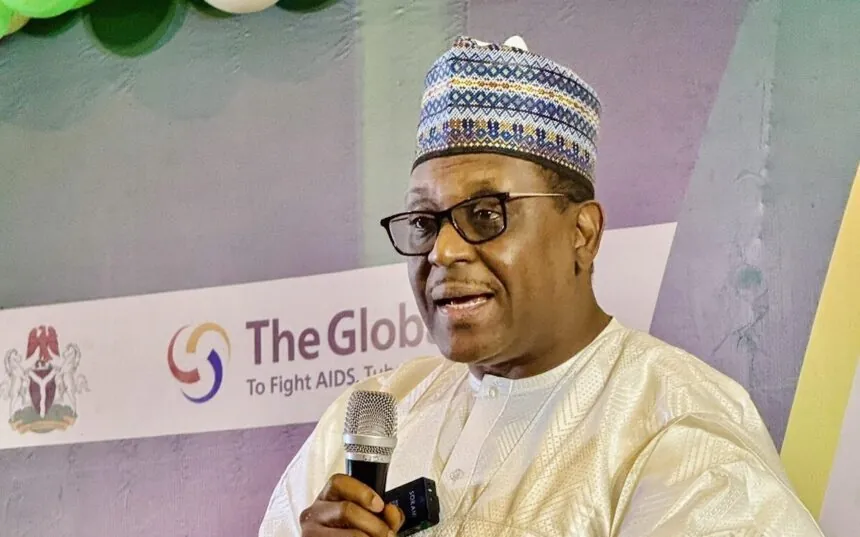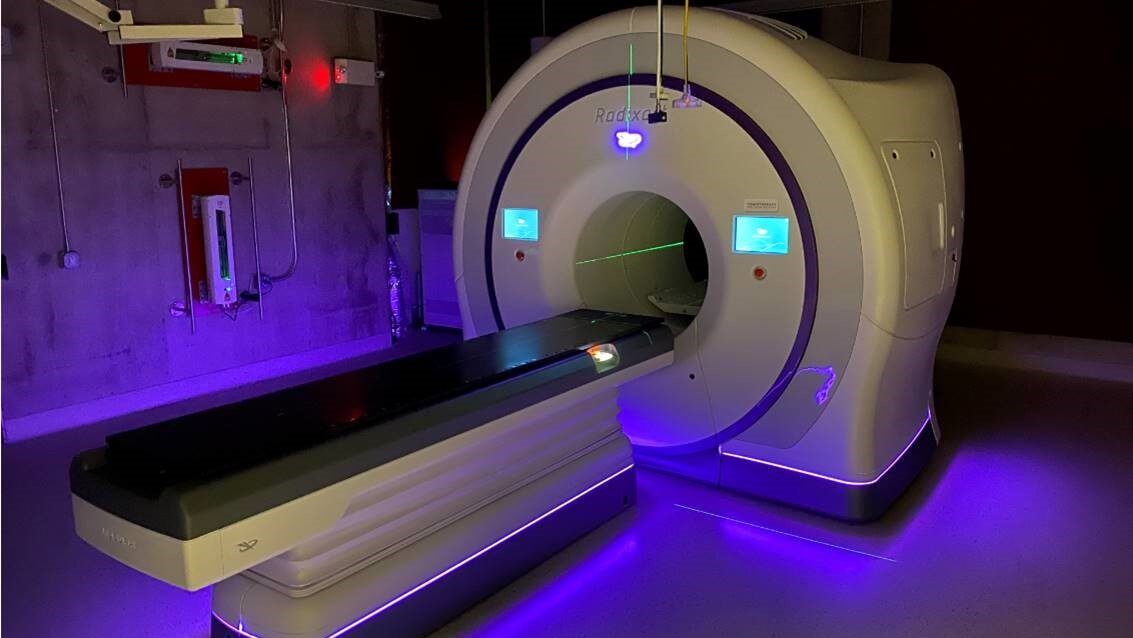The Nigerian government is preparing to unveil three newly constructed cancer centres in a major push to enhance specialised medical services across the country.
Announcing the development via his official X (formerly Twitter) handle on Saturday, the Coordinating Minister of Health and Social Welfare, Professor Muhammad Ali Pate, said the centres will provide treatment for approximately 2,000 cancer patients and offer diagnostic services to around 350,000 individuals annually.
Professor Pate hailed the initiative as the most significant investment in cancer treatment infrastructure ever undertaken by a Nigerian administration.
He noted that it would form the largest network of oncology and diagnostic centres in West Africa.
The announcement coincides with the midterm mark of President Bola Ahmed Tinubu’s first four-year term.
“In the coming days, three newly constructed cancer centres will be officially commissioned by the President and opened to the public,” Pate stated. “They are located at the Federal Teaching Hospital in Katsina, the University of Nigeria Teaching Hospital in Nsukka, and the University of Benin Teaching Hospital.”
With the addition of these facilities, Nigeria will now have six federally supported oncology centres, which the government hopes will herald a new chapter in cancer diagnosis and treatment nationwide.
Pate revealed that the initiative also aims to train 500 clinicians over the next three years, enhancing local expertise in oncology. The newly launched centres are projected to serve thousands of patients while easing the burden on existing medical institutions.

To ensure these centres are well-staffed and efficiently run, select personnel are undergoing advanced training in South Africa, covering both clinical and technical aspects of cancer care.
Meanwhile, the National Health Insurance Authority has rolled out a subsidy scheme to improve access to radiotherapy for underprivileged patients.
Under the programme, eligible individuals may receive up to ₦400,000 to help offset the high cost of cancer treatment, thereby promoting better outcomes and adherence to care.
Speaking on the broader strategy, Pate emphasised that the initiative aligns with President Tinubu’s Renewed Hope Agenda and is aimed at dismantling systemic obstacles in the healthcare sector.
“We are removing long-standing barriers to ensure that quality cancer care is no longer the preserve of a privileged few,” he said. “This new policy direction is both compassionate and reform-driven.”
In February 2024, the Nigerian government allocated ₦37.4 billion in the national budget to support the health ministry’s oncology expansion plans, aiming to establish six state-of-the-art cancer centres across Nigeria.
President Tinubu later gave formal approval for the most extensive expansion to date of cancer screening, diagnostic, and treatment infrastructure in six federal tertiary hospitals.
Cancer remains a leading cause of death from non-communicable diseases in Nigeria, with many patients still struggling to access affordable care.
The new initiative is seen as a bold step towards reducing the country’s dependence on medical tourism and providing comprehensive cancer treatment within Nigeria’s borders.


 Trending
Trending 